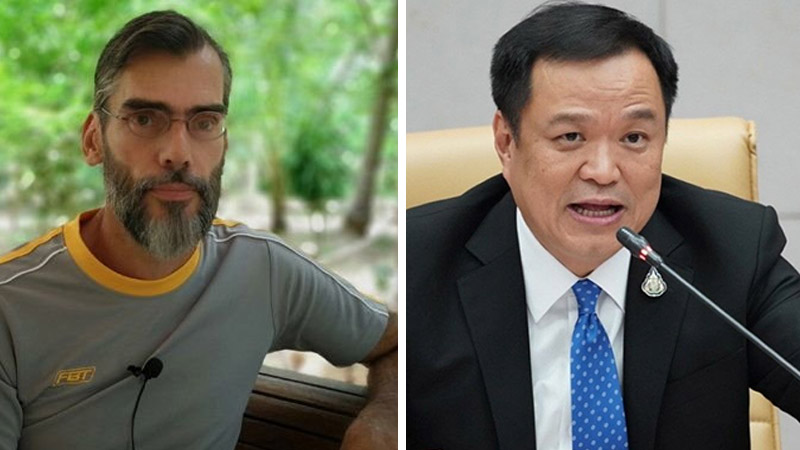A court will hear Tuesday the final arguments in an anti-discrimination suit brought by a Dutch national seeking to end dual-pricing at Thailand’s public hospitals.
The Administrative Court in Phetchaburi province will hold its final hearing in the two-year-old case brought by Erwin Buse, who is representing himself against health ministry lawyers to challenge the higher fees for non-Thais as unconstitutional.
In his suit, 52-year-old Buse contended that the new fare structure not only violated the constitution’s protections against discrimination, but also regulations stipulating that public hospital fees be determined by simple calculations of actual costs.
Reached for comment, Buse said Friday afternoon that he could not comment on the court proceedings until they were concluded, but noted that he hoped a positive ruling would benefit a much larger community.
“I tell them I’m representing all the foreigners living in Thailand,” he said. “It’s not about me. This is not my personal case.”
Dual-pricing for foreigners now legal at Thai public hospitals
His lawsuit named the Health Ministry and its head, who is now Minister Anutin Charnvirakul. It asks the court to annul the rate structure and order the ministry to revert to what had previously been in place since 2004. A ruling is likely to come within days of Tuesday’s hearing.
Buse first took on overcharging on a personal level several years ago when he was traveling 100 kilometers from his rural residence for cancer treatments at Hua Hin Hospital. He described being charged hundreds of baht in “additional fees” each time.
Under new rules enacted in September 2019, public hospitals were instructed to charge patients at what amounts to four tiers based on their legal status: Thai nationals, citizens of neighboring countries and working foreigners on non-immigrant visas. The fourth group consists of tourists, retirees and foreigners married to Thai nationals.
While foreigners from other ASEAN nations pay the same rates as citizens, fees go up significantly for the third group – which includes most expats – while retirees and tourists pay much more, often double.
For example, according to a ministry fee structure published at the time, simple antibody screenings cost Thais and ASEAN residents THB130 and expats THB190. Retirees and tourists pay double – THB260.
On the higher end, a spinal MRI that costs citizens and their neighbors THB18,700 jumps up to THB23,375 for working expats and THB28,050 for retirees/tourists.
In 2018, Buse was said to have prevailed in his long-running battle to obtain compensation for his high Hua Hin Hospital fees. Despite several highly publicized claims he would be reimbursed, he never was. He lives in a rural corner of Prachuap Khiri Khan province with his wife, where he tends to goats.
Clarification: A description of the four fee tiers was amended after publication to include foreigners whose legal status is based on their marriage to a Thai national.




